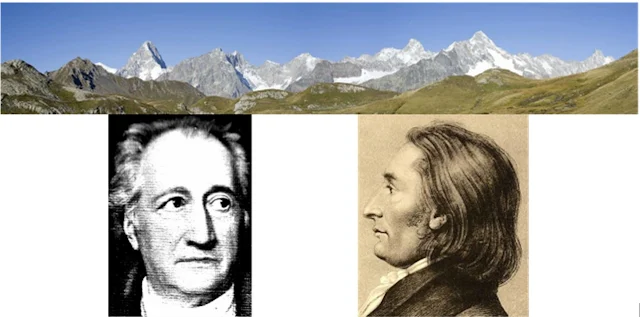There is nothing in front of Prof. Leahy, what's going to happen, He got stuck in the mud of his multi-author idea ....No imagination for a possible multi-pseudonymity"...what a shame
On April 30th, 2014 there was a debate: "→Does the Authorship Question Matter?" at Ye Olde Cock Tavern, Fleet Street, London, organised by the Central London Debating Society, [Chair: Alain English. Speakers: Professor William Leahy, Dr Rosalind Barber, Alexander Waugh, Professor Emeritus Alan Nelson, Dr Duncan Salkeld.]
Prof.William Leahy (Brunel University, London) when asked about the conclusive evidence ("Smoking gun") for the authorship, answered literally...
The "Smoking gun" is not going to happen as a new piece of evidence that convinces everybody that it was Marlowe, who wrote this. This is not going to happen! There is something very attractive about that and that draws us all to that idea and I think sometimes it gives rises to us wanting it to be another single author, but that's not going to happen.....we have to deal with what's in front of us...
What a shame that there is nothing in front of Prof. Leahy, what's going to happen, except his total lack of imagination (or knowledge ? → 1, → 2 ), it seems to entice him to such a statement. It leads nowhere!
___________________________










